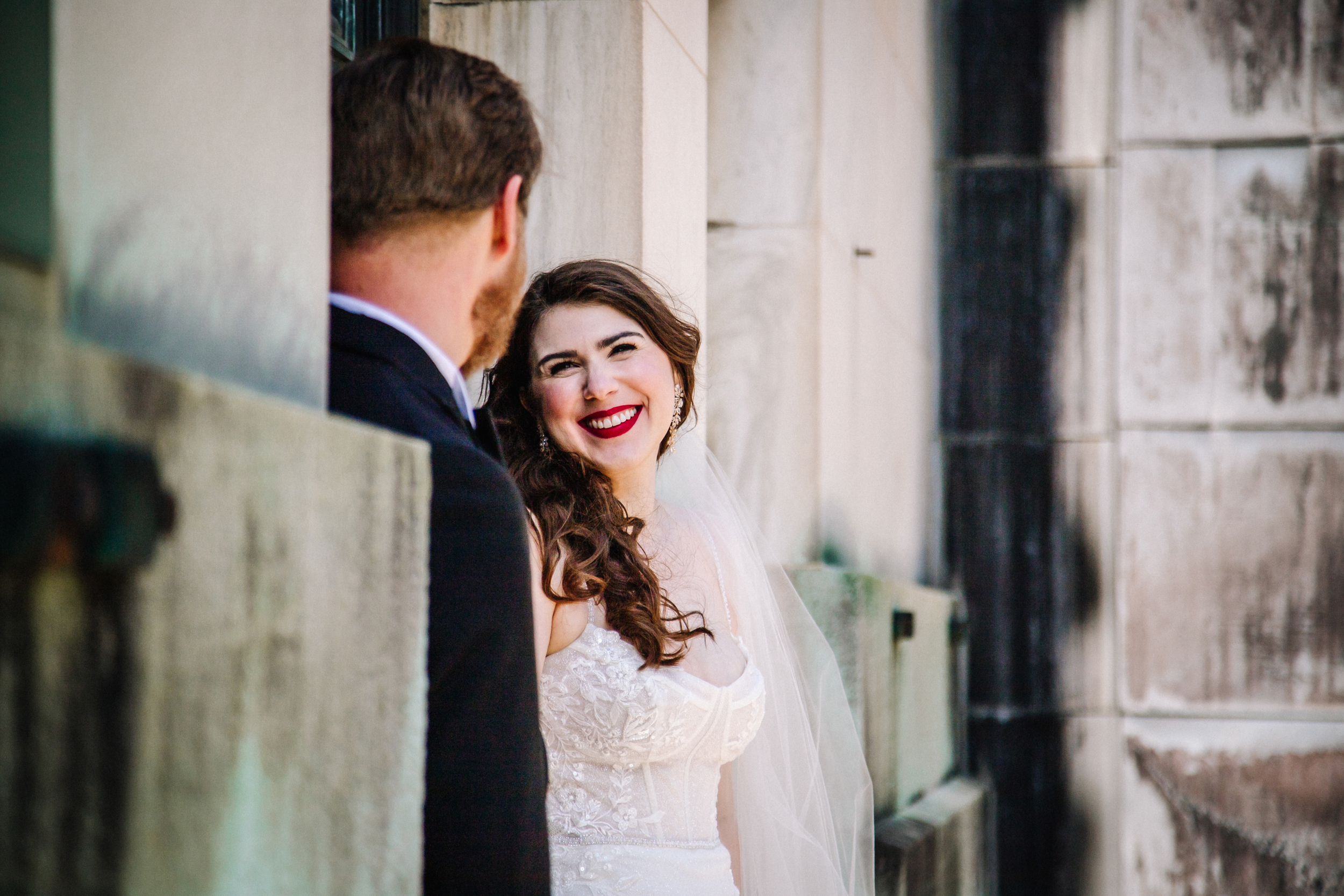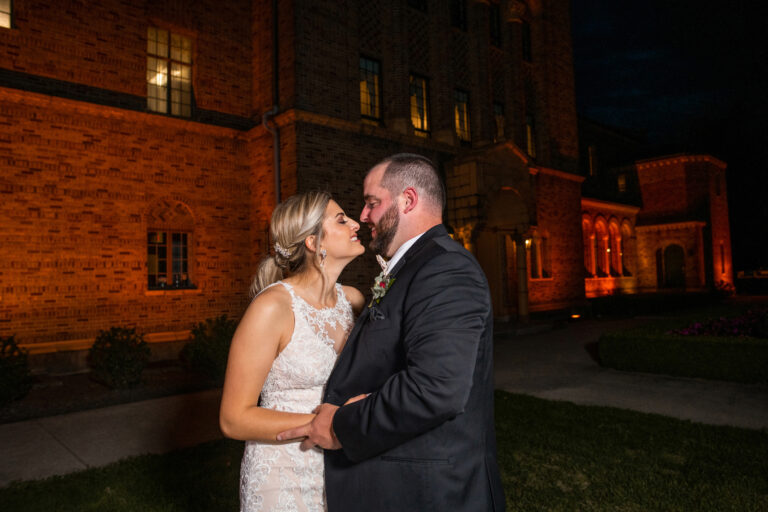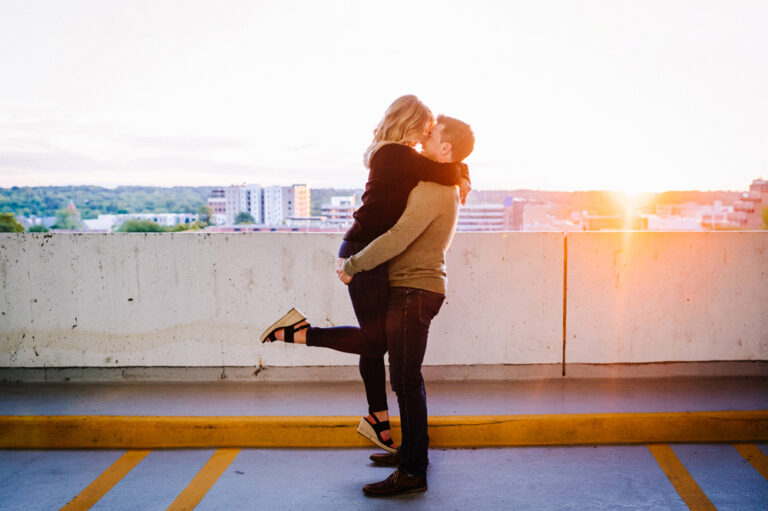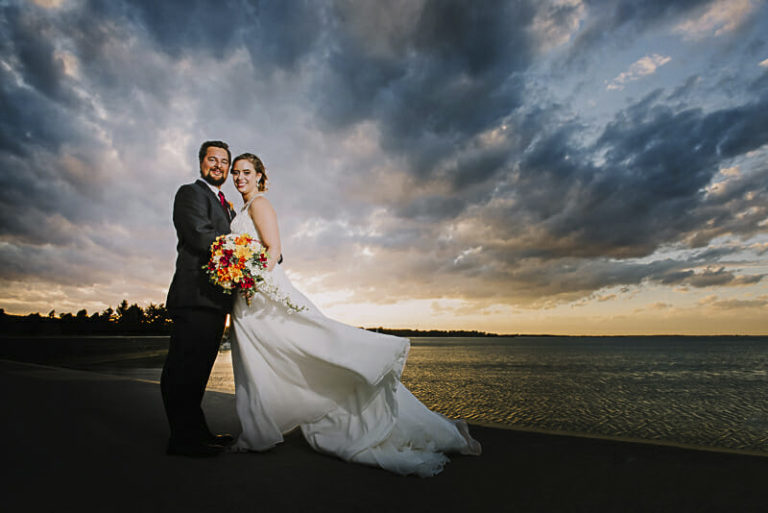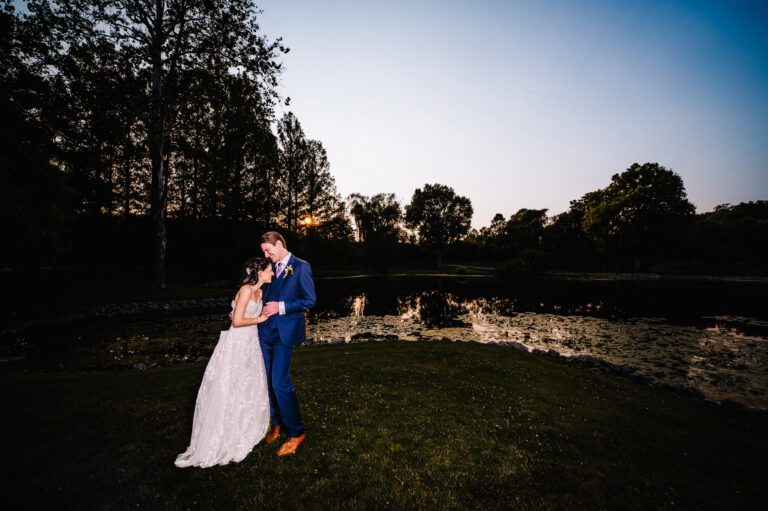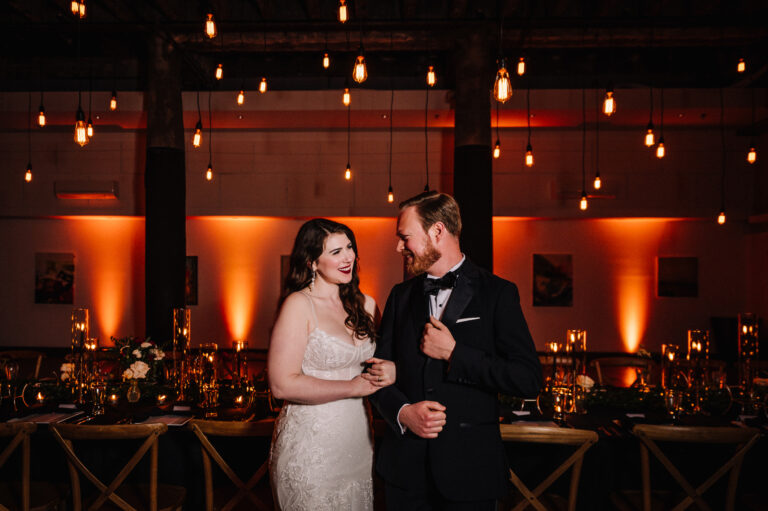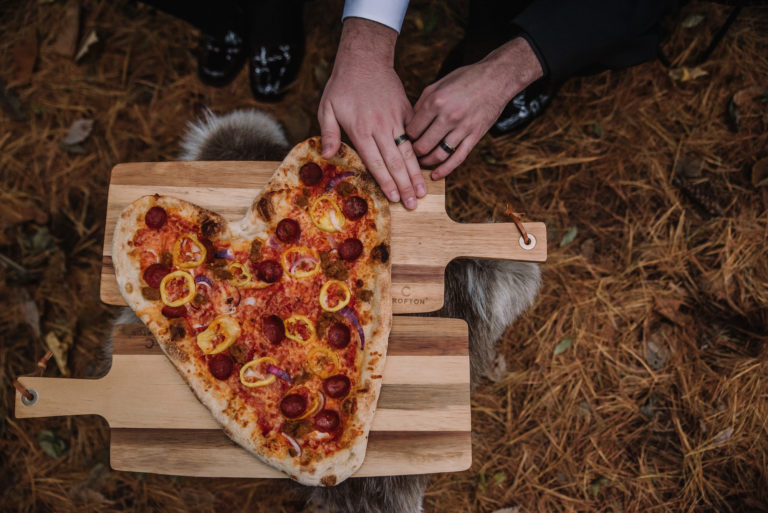10 Questions to Ask a Photographer for a Wedding
A wedding is a once-in-a-lifetime event that you’ll want to cherish and remember forever. However, choosing the right photographer for your big day can be a daunting task, with so many options available. Here are some important questions you need to ask a photographer before hiring them for your wedding.
What is your style of photography and do you have a portfolio I can review?
Every photographer has a unique approach to capturing images, influenced by their artistic vision, technical skills, and creative preferences. Some photographers may specialize in a particular genre, such as portrait, landscape, or street photography, while others may specialize in certain genres of photography, like weddings, or certain techniques, like mostly black and white images or blurred images. To showcase their work, photographers often create online portfolios that feature their best and most representative images. These portfolios may include a variety of formats, such as their websites, The Knot, social media profiles, or online galleries, and may highlight the photographer’s personal brand, artistic voice, and professional achievements. Upon request, any photographer should be able to provide a full gallery or portfolio of their work.
How many weddings have you shot and how many do you shoot per year?
Many professional wedding photographers shoot multiple weddings per year, depending on their availability and workload. Some photographers may photograph a small amount, while others may have a large team and shoot over 100 per year. The number of weddings a photographer shoots per year can depend on many factors, including their experience, skill level, and availability. Ultimately, it’s up to the individual photographer to determine how many weddings they can take on each year while still delivering high-quality work and providing their clients with an excellent experience.
What equipment do you use, and do you have backup equipment in case of technical difficulties?
Having reliable equipment is crucial for any professional, especially those who work in the digital world. When it comes to technical difficulties, they can happen at any time, and having backup equipment can be a lifesaver. Therefore, it’s always a good idea for your photographer to have backup devices, such as multiple external hard drives, second or third cameras, and dual memory card slots, which means when a photographer takes a photo, it is backed up on to two different memory cards in case one becomes corrupt, gets lost, or gets stolen. Having backup equipment ensures that your professional photographer can continue working without losing productivity or missing deadlines. Long story short, having backup devices is essential for your photographer.
Do you work alone or with a team? If you work with a team, who will be present on the day of our wedding?
This is a very important thing to learn when choosing your wedding photographer. Is the person you’re talking to your wedding photographer or will someone else be sent out to cover your day that you potentially do not have a relationship with? If someone is alone, make sure to ask what their backup plan is in the event they became sick, pregnant, or had an emergency come up.
What is your approach to capturing candid moments versus posed shots?
Every photographer is different – some are all strictly for posed photos when it comes to the day or the portraits. What that means is less raw, real, and candid moments. Sometimes that’s what you’re looking for and that is no problem! But if you want a good mix of genuine smiles and interactions paired with the traditional and classic poses, definitely find a photographer whose portfolio reflects that.
As a photographer, I believe that candid moments are just as important as posed shots. Capturing candid moments allows me to capture authentic emotions and real-life interactions between people, which often tell a more compelling story than posed shots. To capture candid shots, I focus on being observant and patient, allowing the moment to unfold naturally without interrupting or directing the subjects too much. On the other hand, posed shots can be useful in creating more polished and composed images, particularly for posed family photos and some of your portraits. However, even for posed shots, I strive to make them look as natural as possible by creating a relaxed atmosphere and giving gentle direction to my subjects.
What is your process for retouching and editing the photos?
Most photographers won’t deliver a raw or unfinished product and will use industry-standard software like Adobe Photoshop and Lightroom to adjust the exposure, color balance, and other technical aspects of the image. Once the technical aspects are taken care of, some photographers take it a step further and retouch the photo by removing blemishes, smoothing out skin, and making any other necessary adjustments to enhance the overall appearance of the image. If you want your delivered photos a certain way, this is definitely something you want to gain clarity on.
How long after the wedding until we receive the edited photos?
After the wedding, the photographer will go through a process of selecting and editing the best images from the day. This can take anywhere from a few weeks to several months, depending on the photographer’s workload and the complexity of their editing process. Once the photos are ready, the photographer will usually provide them in a digital format, either through an online gallery or via a USB drive. It’s always a good idea to discuss the expected timeline with your photographer ahead of time so you have a clear idea of when you can expect to receive your cherished memories.
What rights do we have to the photos? Can we print them, share them on social media, etc?
After the wedding, your photographer will deliver you the digital photos in some way. You’ll have to find out if you have to order prints through them to print photos and artwork at all or if you have a print release for yourself. Also make sure you know your personal rights on social media – are you allowed to share the photos, crop them, or does your photographer have rules around tagging or mentioning them on social media? Can you share with vendors or does your wedding photographer have to? Learn what’s covered (or not covered) in your contract with them!
What is your policy for rescheduling or canceling the shoot in the event of unforeseen circumstances, such as inclement weather or an emergency?
Especially after COVID, photographers had to make some big decisions for their businesses to stay afloat, such as new policies and procedures. Make sure you know your rights as a couple in case something happens!
What are your rates and what is included in the package? Are there any additional fees we should be aware of?
Your photographer should have a contract and an invoice available to you and be able to tell you their hourly and/or rates for their collections. They should also offer different options to you as far as add-ons or physical products.


